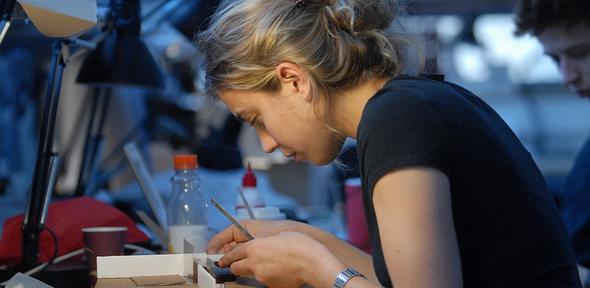
Staff teaching or working with entrepreneurially-minded international students are being asked to promote new right-to-remain opportunities.
The University is looking to help international students who want to stay in the UK after finishing their studies by endorsing them as part of the UK Border Agency’s Tier 1 (Graduate entrepreneur) scheme.
The Graduate entrepreneur scheme was introduced last year and allows graduates identified by UK higher education institutions as having credible business ideas and entrepreneurial skills to extend their stay after graduation to establish one or more businesses in the country.
Last year there was provision for ten Cambridge students to be endorsed under the scheme. This year, the University can endorse up to ten Cambridge MBA students and a further ten ‘general’ endorsements – from either other graduates or postdoctoral workers. This is the first year that postdoctoral workers can apply under this tier and follows lobbying by the University’s Educational and Student Policy team.
Visas are valid for 12 months, with the possibility of renewal for a year. Those who establish successful businesses can then apply to remain in the UK under a different immigration tier.
To be eligible for MBA endorsement, applicants must have been awarded an MBA from the University within the last 12 months.
To be eligible for general endorsement, applicants must have a Bachelor, Masters or PhD degree from the University, or be employed as a postdoctoral worker with a Tier 2 visa sponsored by the University and hold a UK degree or PhD.
One former University graduate who successfully applied for a visa under the scheme was Riley Doyle, previously a student on the Masters in Bioscience Enterprise Programme run by the Department of Chemical Engineering and Biotechnology, now Founder and Chief Technical Officer of biotech company Desktop Genetics.
Originally from America, he says the scheme allowed him to work legally in the country while raising money and attracting investors for his company. Now Desktop Genetics’ Autoclone product, which develops easy-to-use tools to assemble genes in the laboratory, is attracting interest in the US and UK life science communities.
